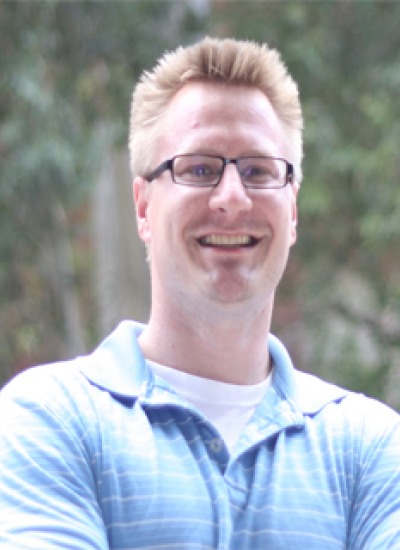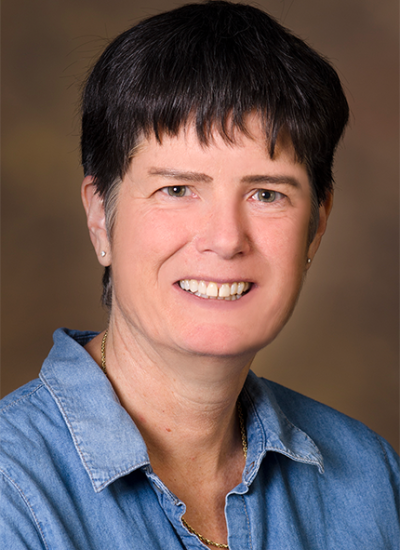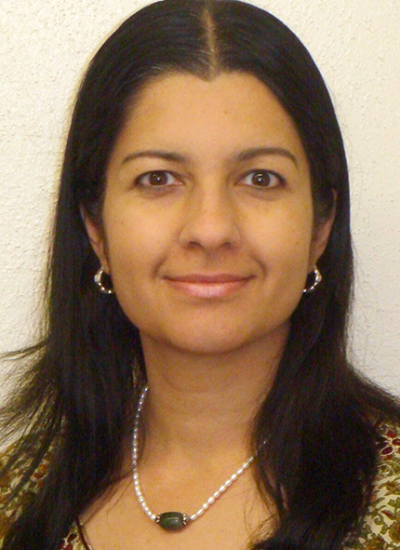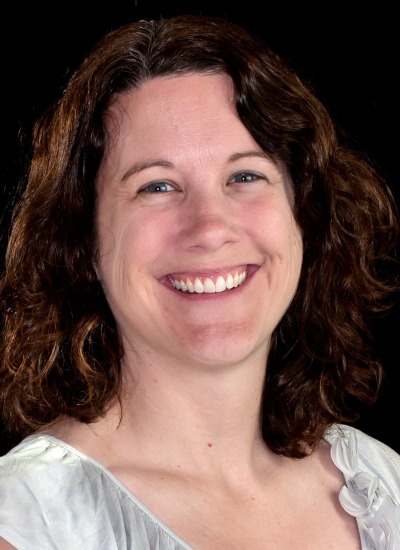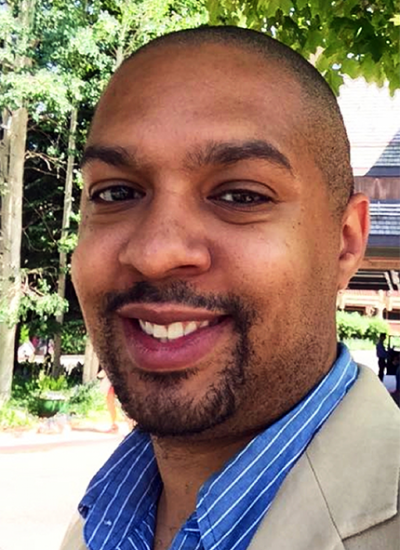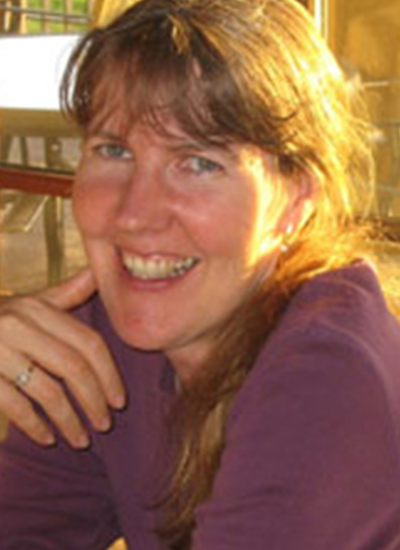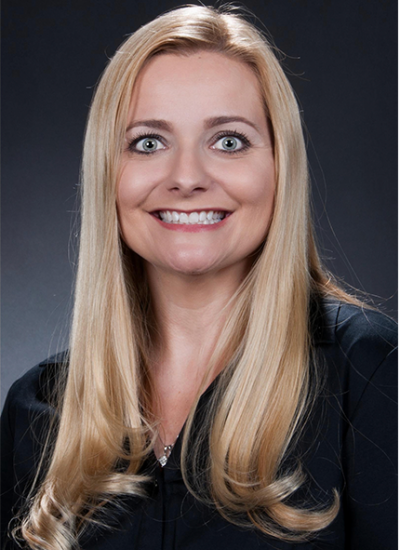David A Baltrus
Work Summary
We are interested in understanding the genetic basis for bacterial interactions with other organisms (be they plants, insects, fungi, other bacteria), and on how evolution shapes these interactions. By better understanding the rules and molecules that structure such relationships, we hope to develop new ways to manipulate these interactions (e.g. through the development of specific antimicrobial compounds) or shape their evolutionary dynamics through time.


